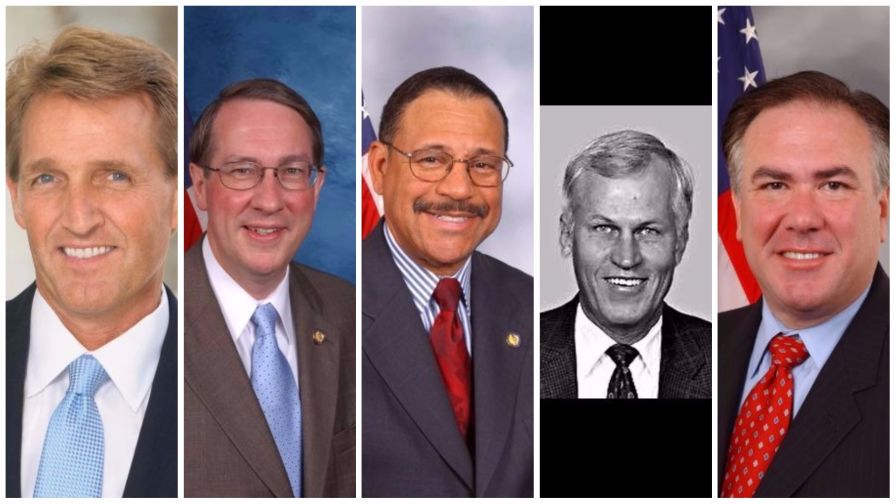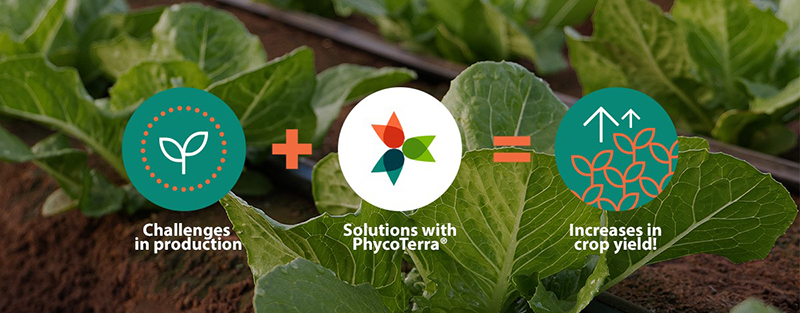Agriculture Offers Rare Opportunity for Bipartisan Action

Left to Right: Sen. Jeff Flake (R-AZ); Rep Bob Goodlatte (R-VA); Rep. Sanford Bishop (D-GA); Former Congressman Charlie Stenholm (D-TX); and Former Congressman Dennis Cardoza (D-CA).
For its Washington Conference, United Fresh Produce Association lined up an impressive list of Congressional heavy hitters for agricultural issues: Sen. Jeff Flake (R-AZ); Rep. Bob Goodlatte (R-VA); Rep. Sanford Bishop (D-GA); and two former Congressmen, Dennis Cardoza (D-CA) and Charlie Stenholm (D-TX).
A running theme from these agricultural-friendly politicians, regardless of party, was the need for a bipartisan approach to agriculture and immigration.
Sen. Flake started off the theme during the opening session, recounting growing up with foreign laborers on his family farm who were viewed as part of the family. When he admitted some of these workers were not documented in a New York Times editorial, he said it caused a stir with his colleagues.
“We cannot keep looking at the faces of workers with a strong back, a willingness to work, and who want to pursue the American dream and see a criminal class,” he said.
Unfazed by a heckler from an environmental activist group protesting lack of action on climate change, Flake decried how parties view the other as the enemy. When he helped Rep. Gabby Giffords, a Democrat, stand at the State of the Union address during her first return to Congress after being shot, he saidsome Republicans were outraged he was standing for President Obama’s Democratic-friendly applause lines.
Rep. Goodlatte, who chairs the Judiciary Committee, presented his Ag Worker Act, which he plans to introduce this month and which he believes may receive bipartisan support. His reasoning is that both parties in Congress are coming together to work out a legal solution for Dreamers, or foreign nationals who have DACA status (Deferred Action for Childhood Arrivals) and who were brought to the U.S. as children. This is the most receptive Congress has been to any kind of immigration reform in years.
Prior to Rep. Goodlatte speaking, former members of Congress Cardoza and Stenholm discussed how redistricting and the shifts to fundraising have changed Congress and has stripped some of the civility and cooperation from Congress. But they see issues like nutrition, trade, and immigration as perfect platforms to build bipartisan support.
The final Congressional keynote speaker, Rep. Bishop, sees real possibility of building bipartisan support in Congress for agricultural issues. Most members making laws that affect agriculture do not come from agriculture-heavy districts. So there’s a significant knowledge-gap that can be bridged by growers and others in the agricultural community.
Because there is little understanding of agriculture, there are not as many labels and hardened views attached to issues that matter to growers, Bishop said. It opens a door to honest discussions from those who are impacted by laws.
He encouraged all growers to invite members of Congress to visit their operations and to see for themselves how growing works. It’s a rare opportunity for bipartisan support of those who feed the nation, he said.









